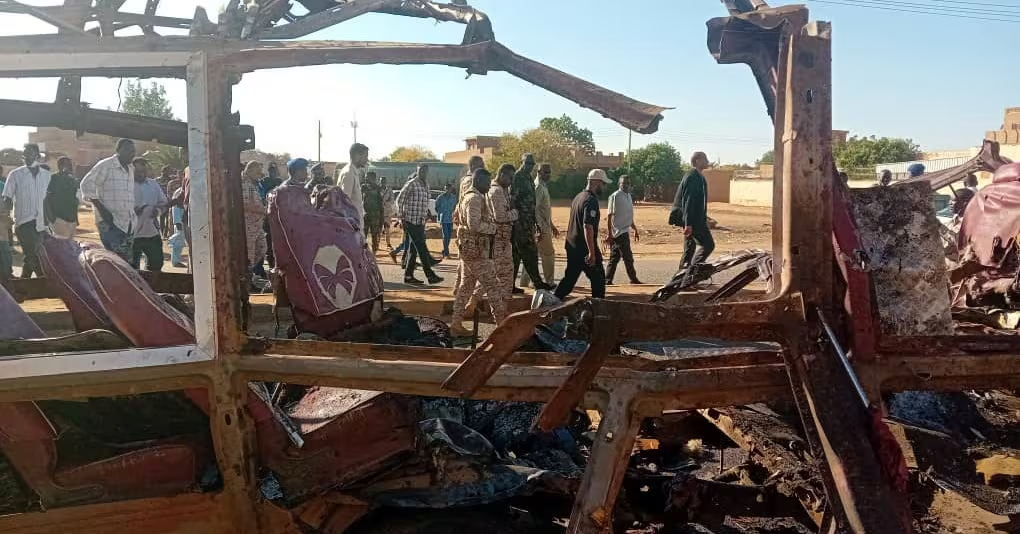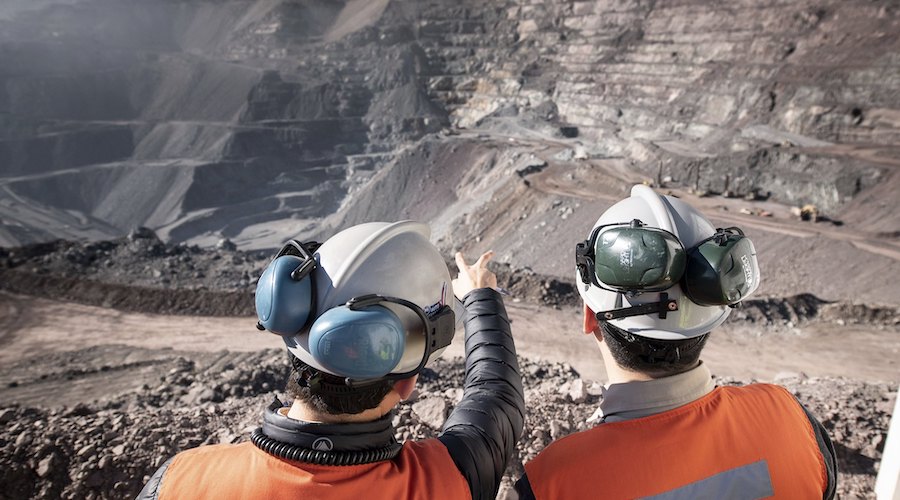The mining sector in West Africa, particularly in Mali, Niger, and Burkina Faso, is facing heightened uncertainty as military-led governments implement aggressive measures against foreign companies. Recent arrests of mining executives, permit threats, and the seizure of French-operated uranium sites have raised alarms among Western miners operating in the region.

Disruption to Investments, Not Production
Despite these developments, day-to-day mining operations in Mali and Burkina Faso remain largely unaffected. However, industry insiders predict significant challenges for companies seeking financing and insurance. Over a dozen mining employees, financiers, and government officials told Reuters that the tightening environment could dampen investment and constrain supply growth in the region, a key driver of Africa’s gold output.
The push for renegotiated contracts and greater revenue shares by the military regimes coincides with a surge in gold and uranium prices. These moves also follow a series of coups since 2020 and a shift in alliances toward Russia, away from traditional Western partners such as France and the United States.
Arrests and Tax Disputes in Mali
Mali, Africa’s second-largest gold producer, has intensified its scrutiny of foreign mining firms, conducting audits, implementing a new mining code, and demanding substantial tax payments. Since September, military authorities have detained employees from companies like Australia’s Resolute Mining and Canada’s Barrick Gold. Barrick CEO Mark Bristow is currently facing an arrest warrant in Mali.
Malian officials claim the revised mining code aims to address contractual inequities without undermining the sector. Yet, companies like Resolute Mining have already made large payments under duress, including $100 million following the detention of its CEO. Barrick, accused of owing $500 million, disputes the claim but has four employees in detention in Bamako.
Regional Challenges and Rising Costs
Niger and Burkina Faso are also pressuring Western mining companies. In Niger, authorities seized control of French nuclear firm Orano’s Somair uranium mine. In Burkina Faso, London-listed Endeavour Mining had to sell two gold mines to the government for $60 million, far below an initially proposed $300 million agreement.
Burkina Faso’s junta has warned it may revoke permits for companies from countries not supplying military aid. Analysts suggest these actions send a clear message to Western miners about the potential involvement of Russian firms, though no evidence yet confirms this shift.
Premiums for insuring mining projects in some West African countries have nearly tripled since 2019, according to Gallagher’s Racheal Tumelty, a political risk insurance expert. This rising cost reflects the growing risk associated with investments in the region.

A Changing Mining Landscape
West Africa has experienced significant mining investment growth over the past 15 years, with Mali, Niger, and Burkina Faso accounting for a quarter of the continent’s gold output. However, the political and economic climate now presents major hurdles.
While some firms, like Canada’s Robex Resources, are seeking to exit Mali, others continue to navigate the risks. Perseus Mining CEO Jeff Quartermaine noted that challenges in the Sahel have not yet spilled over into operations in more stable countries like Ivory Coast and Ghana.
The Road Ahead for Western Miners
Experts believe West African juntas will continue to extract concessions from mining companies already entrenched in the region. However, as political risks mount, miners may face increasing demands for revenues or operational changes in the coming years.
“Miners are not reassured. A couple of years down the line, they might find themselves being told, ‘That is not sufficient,’” said Vincent Rouget, an analyst at Control Risks, which advises mining companies in the region.



